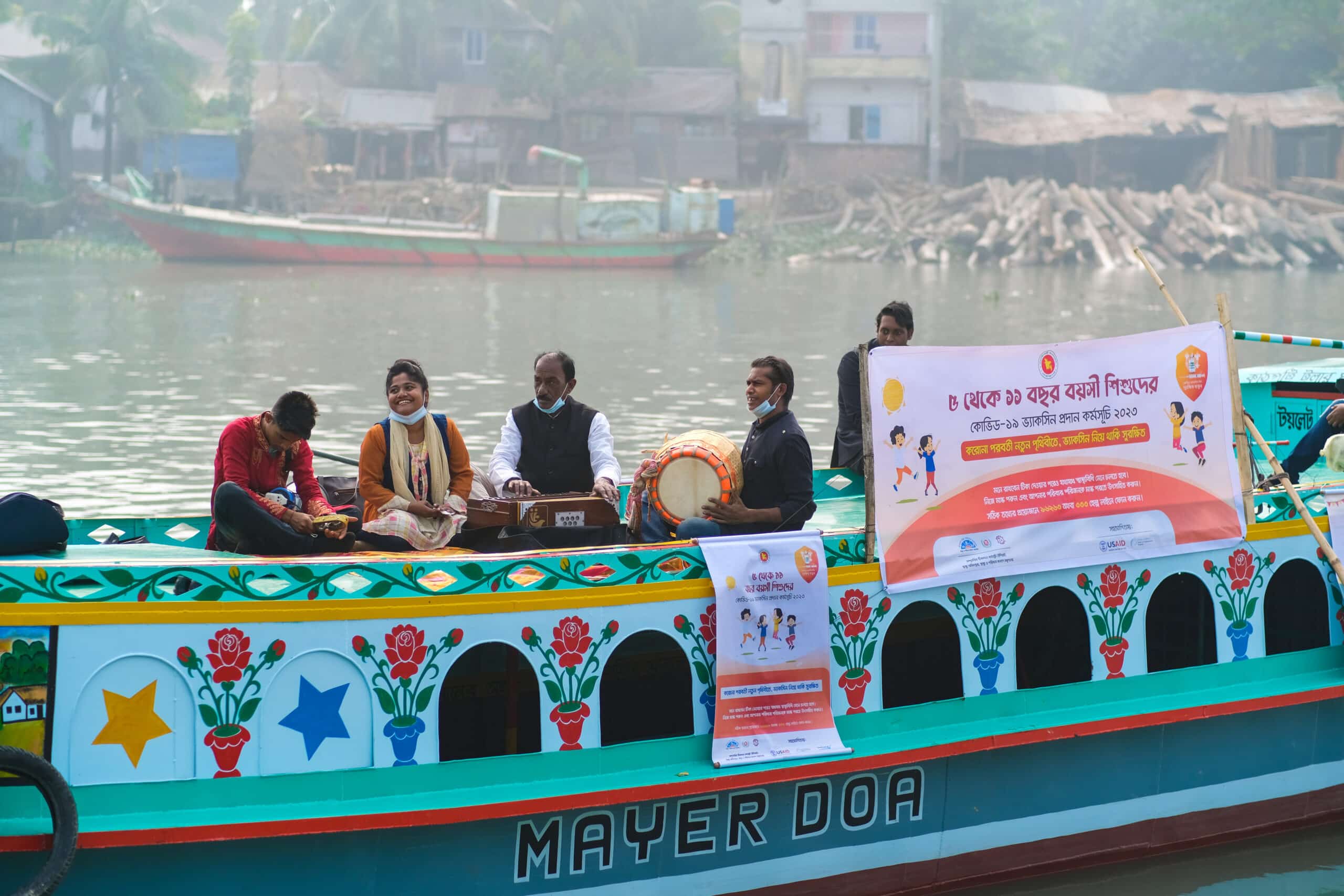
From Football to Puppets: Boosting COVID-19 Vaccination
A CCP-led program in Bangladesh has developed creative ways to boost COVID-19 vaccine uptake among its young people.

A CCP-led program in Bangladesh has developed creative ways to boost COVID-19 vaccine uptake among its young people.
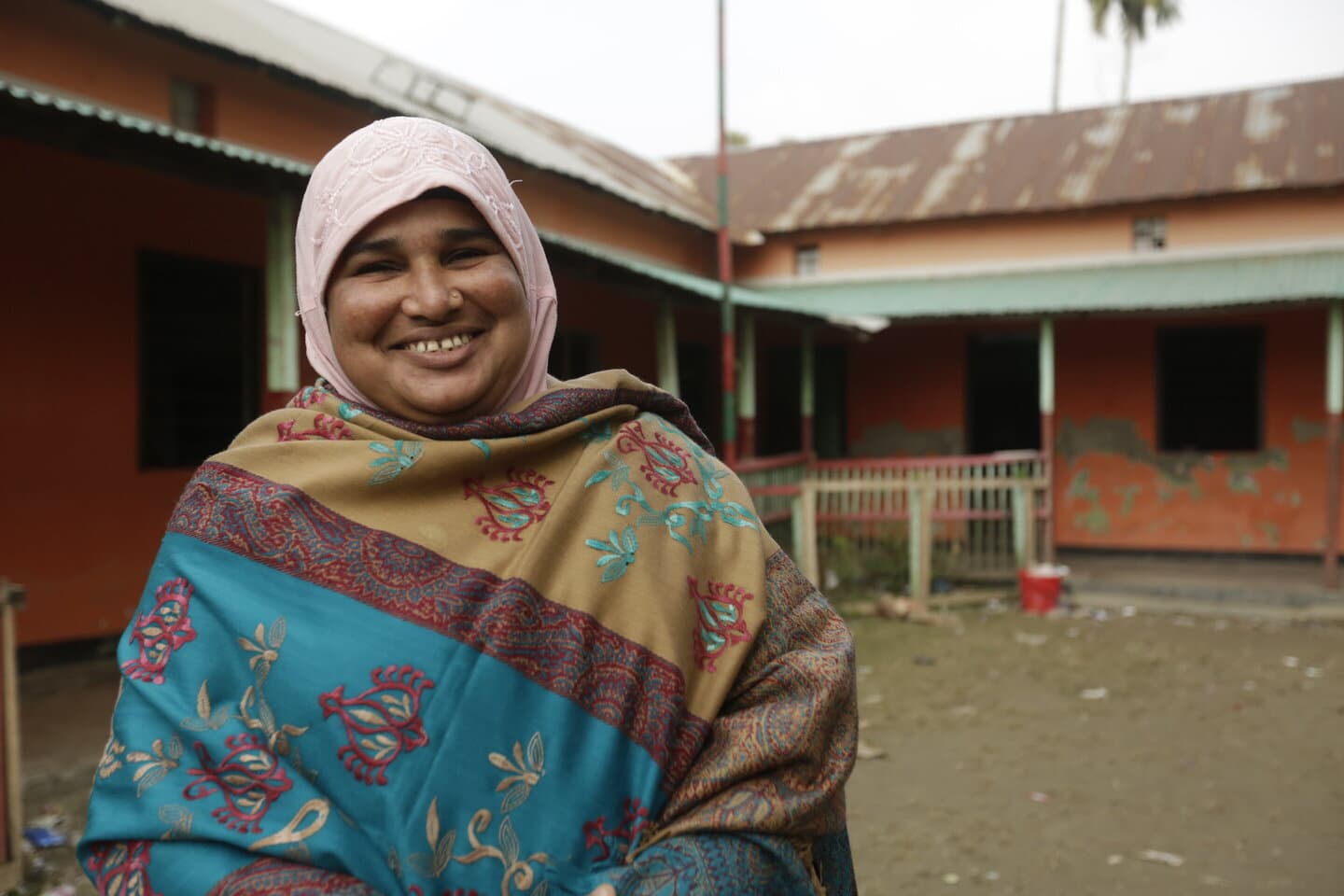
A CCP-led program trains local shopkeepers in Bangladesh to be sources of not just supplies but information, notably on COVID-19 vaccination.
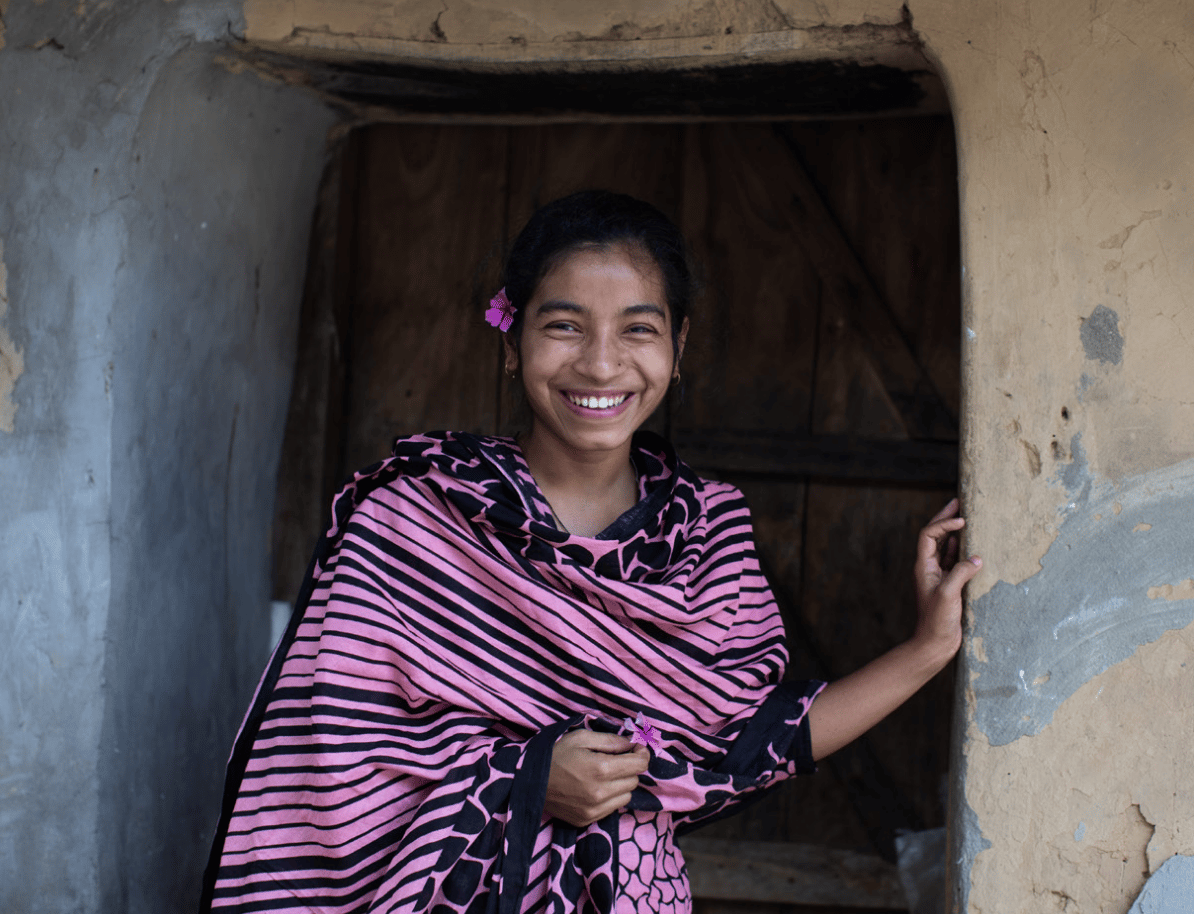
Akiya Akhter, married as a teen, was able to postpone having a baby until she was 20. Aproma Marma, after losing her first child to malnutrition when elders insisted that she eat and sleep less during pregnancy, now has a healthy two-year-old. Mahbuba Siddiqua changed
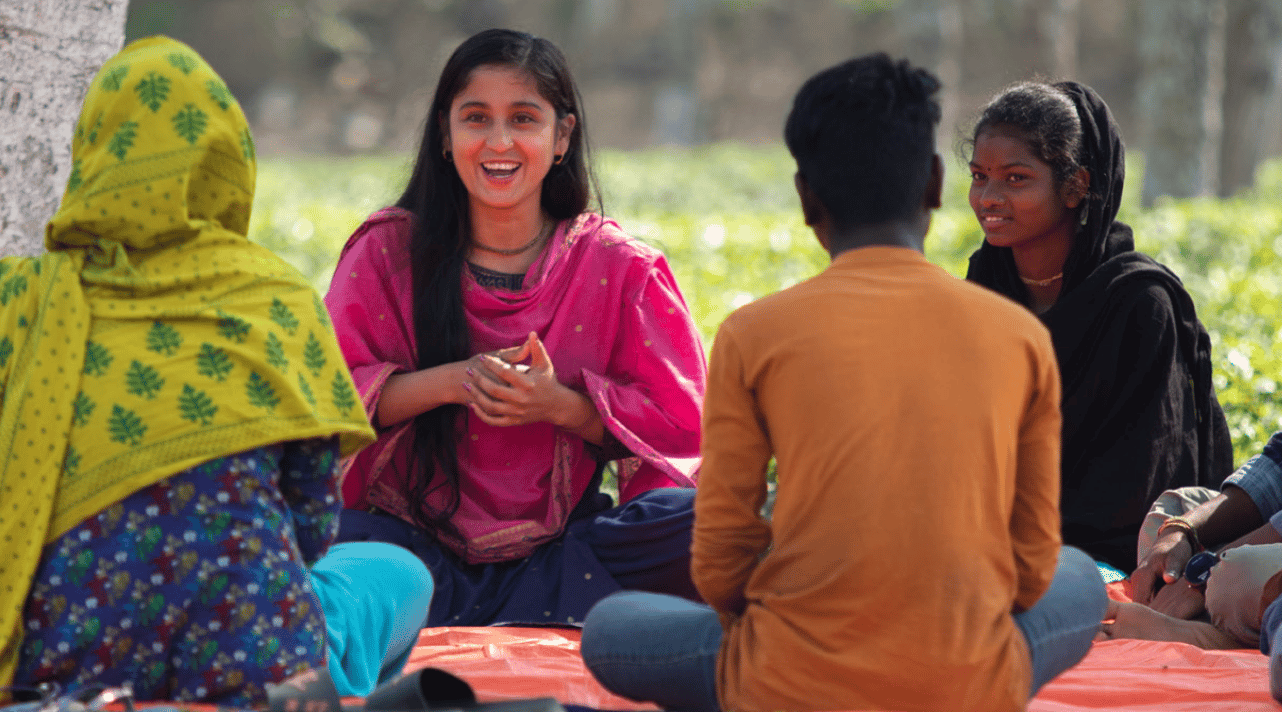
“It may seem that it is only the adolescent girls are the victims of child marriage,” CCP’s Faisal Mahmud says. “But in reality, child marriage brings worse consequences to the family and to the whole nation.”
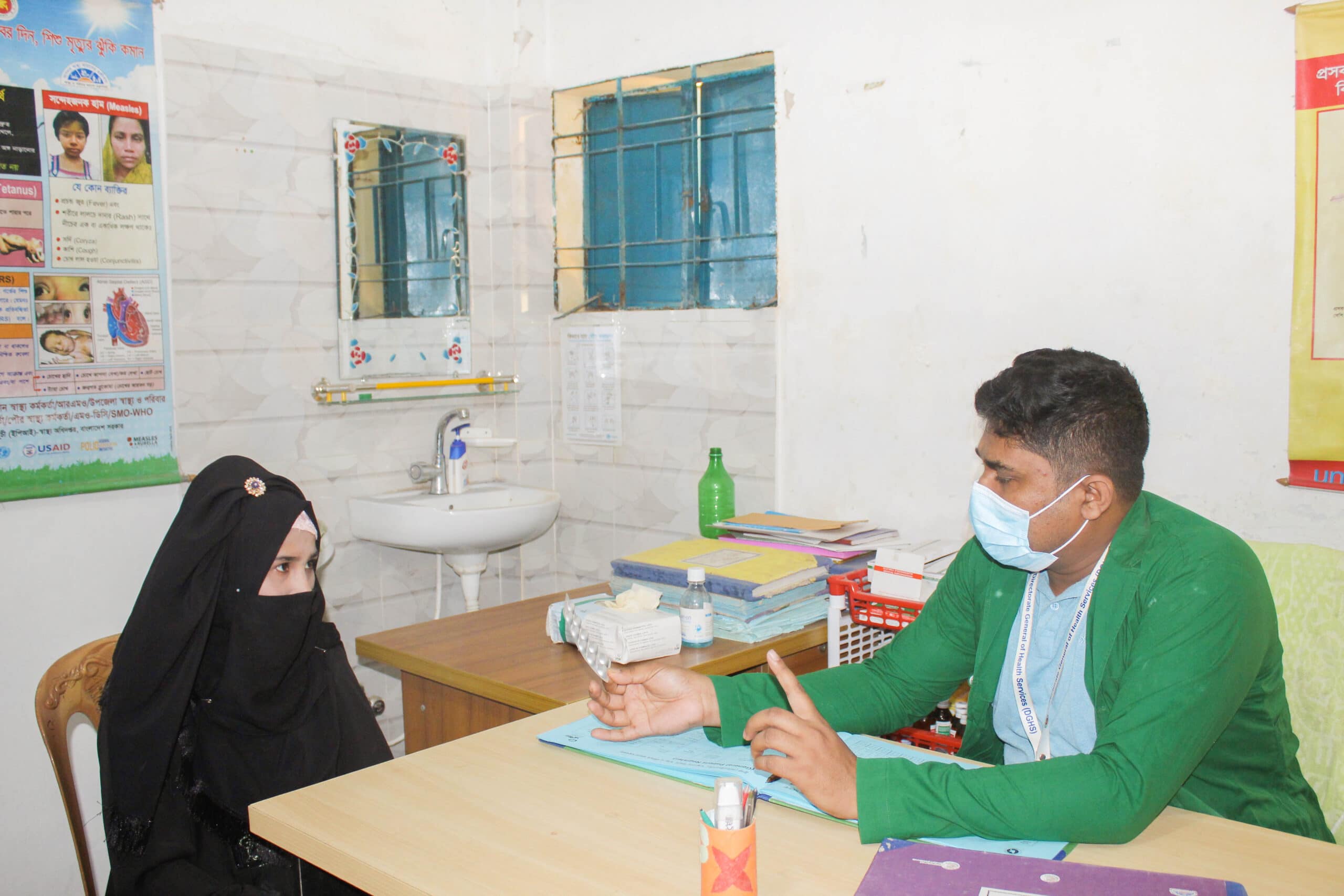
With the help of counseling provided by CCP, one teen convinced her parents to halt an arranged marriage so she could finish her education and delay pregnancy until she is older.
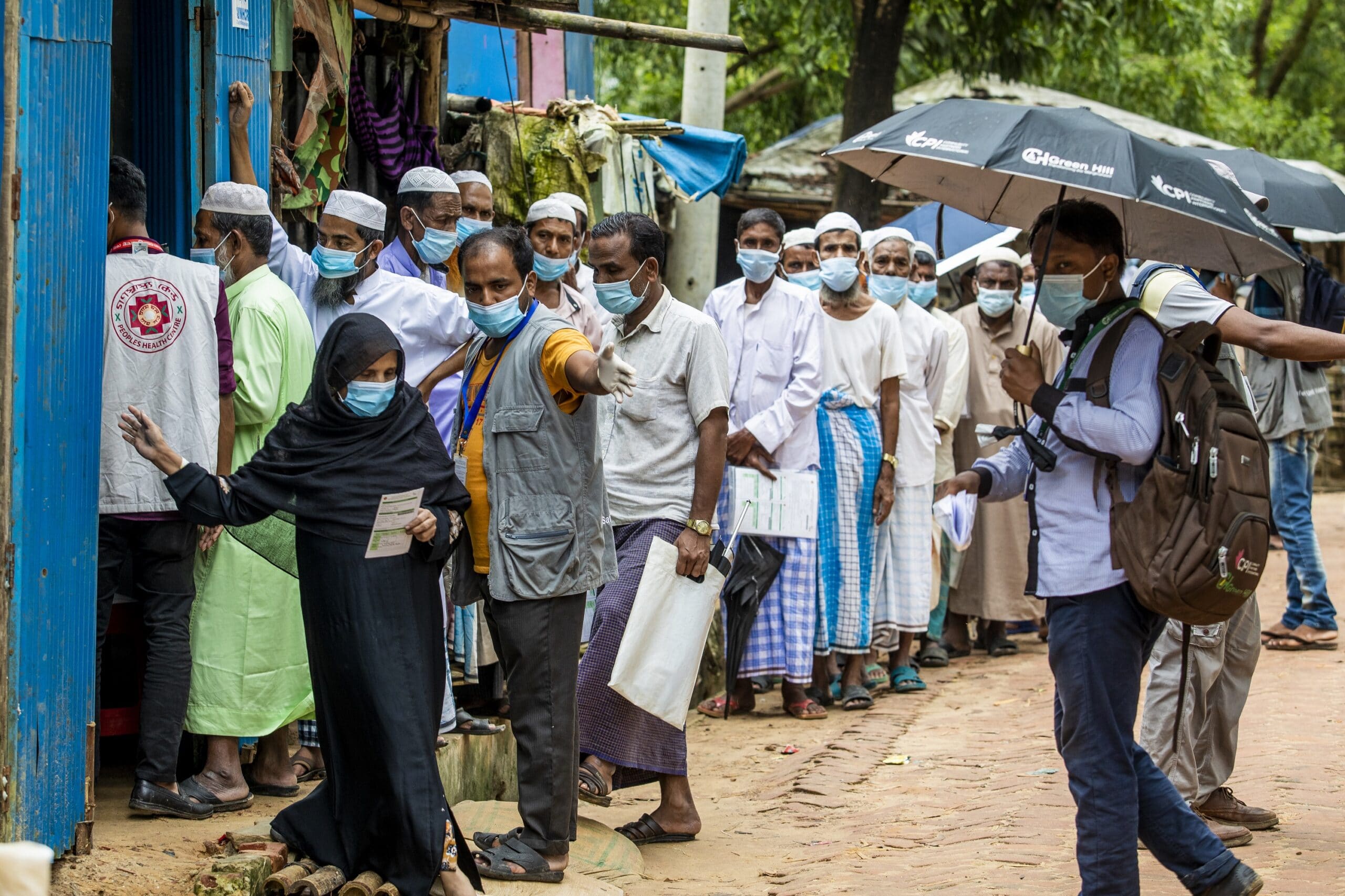
Working with the government, CCP helped some of the most vulnerable people in Bangladesh access COVID-19 vaccines last month. Now, building on that success, another mass vaccination is scheduled for next weekend.
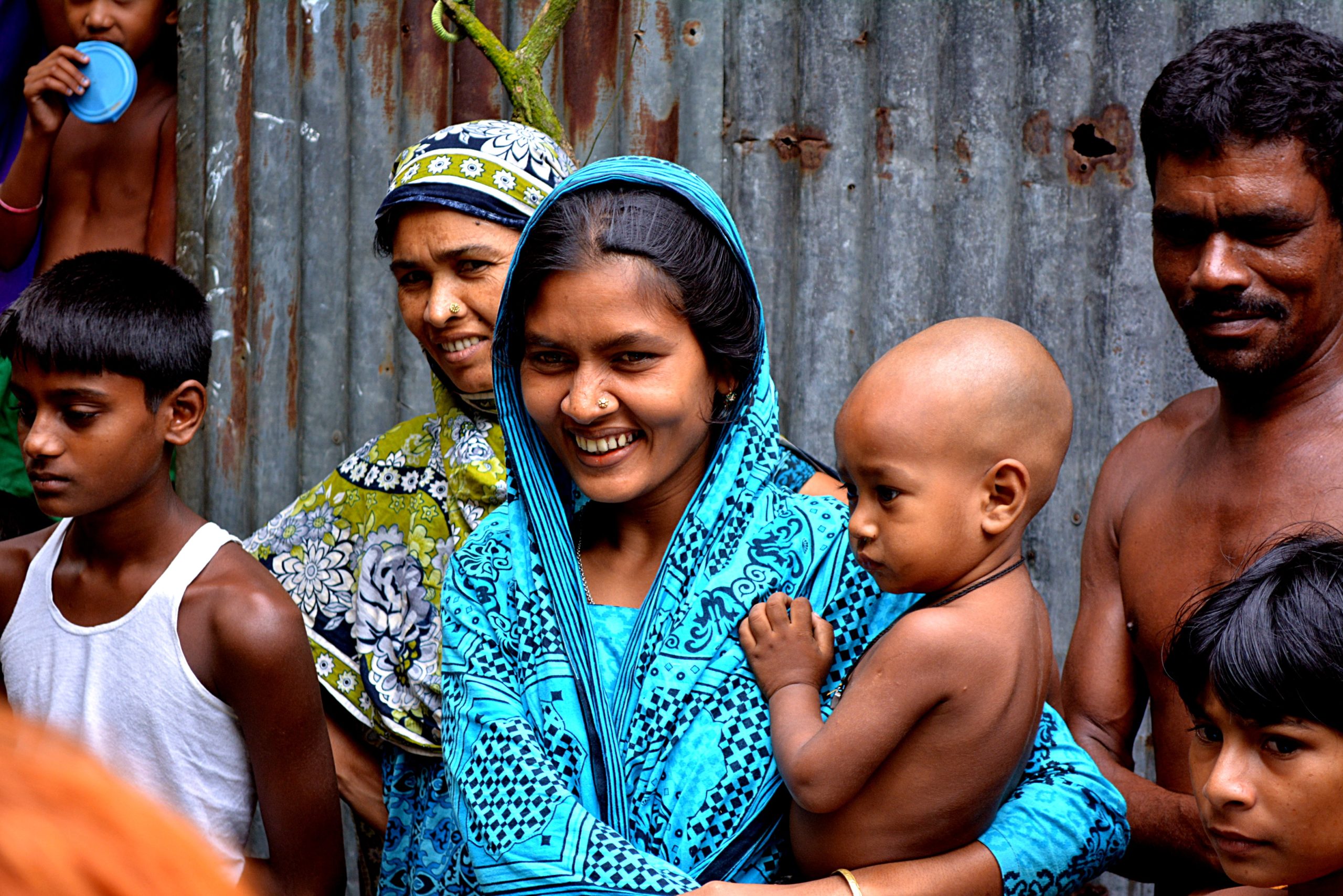
With help from CCP and USAID, the Bangladesh Center for Communication Programs (BCCP) was founded a quarter century ago to create and sustain change.

In Bangladesh, where more than half the girls are married before their 18th birthday despite the custom of child marriage having been outlawed nearly a century ago, CCP is coordinating an effort designed to put an end to the practice.
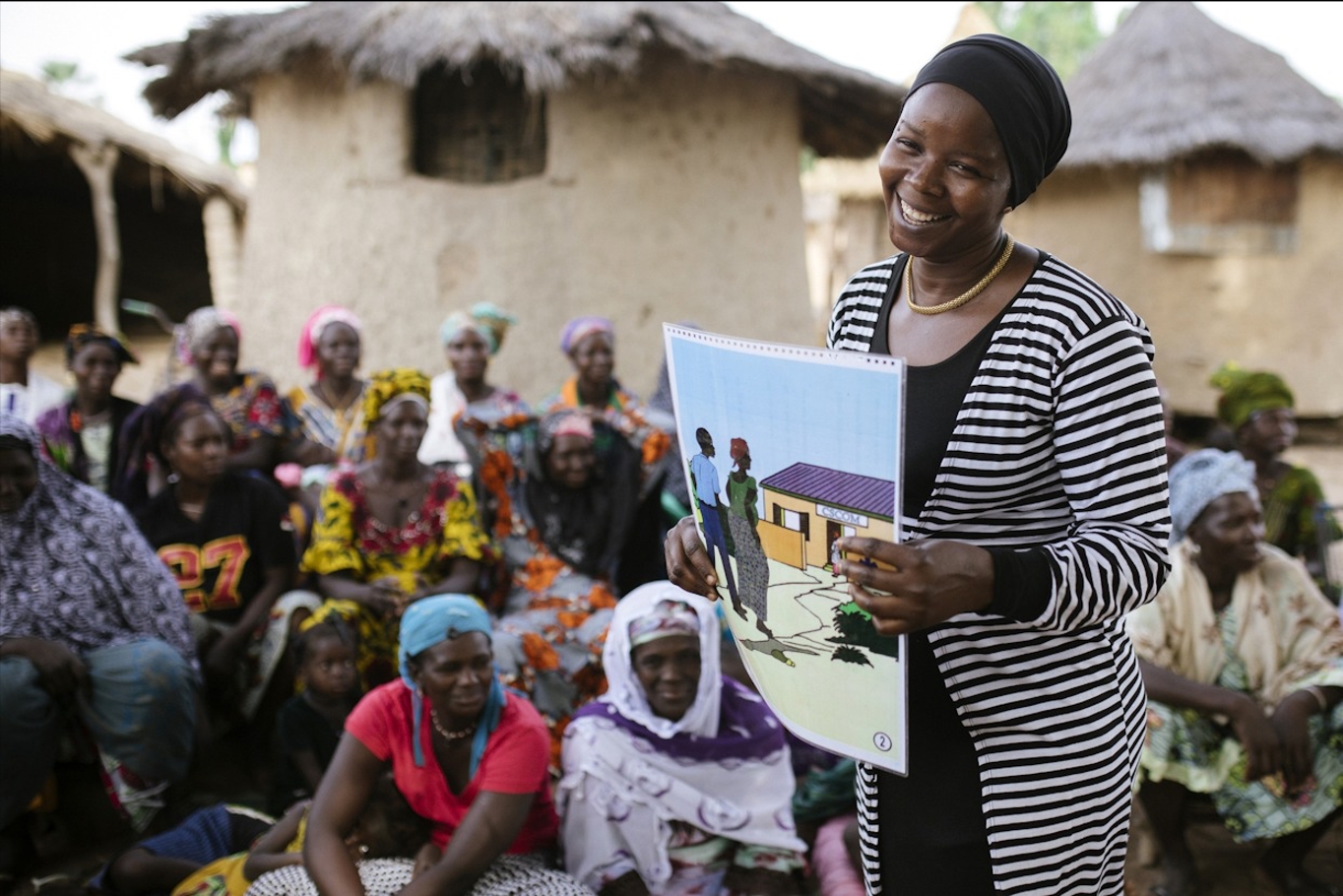
Most studies of pre-term birth – the leading cause of infant mortality around the world – have focused on complications that occur in health facilities in the high-income countries. A unique new study conducted by CCP looks at risk factors that start long before delivery.
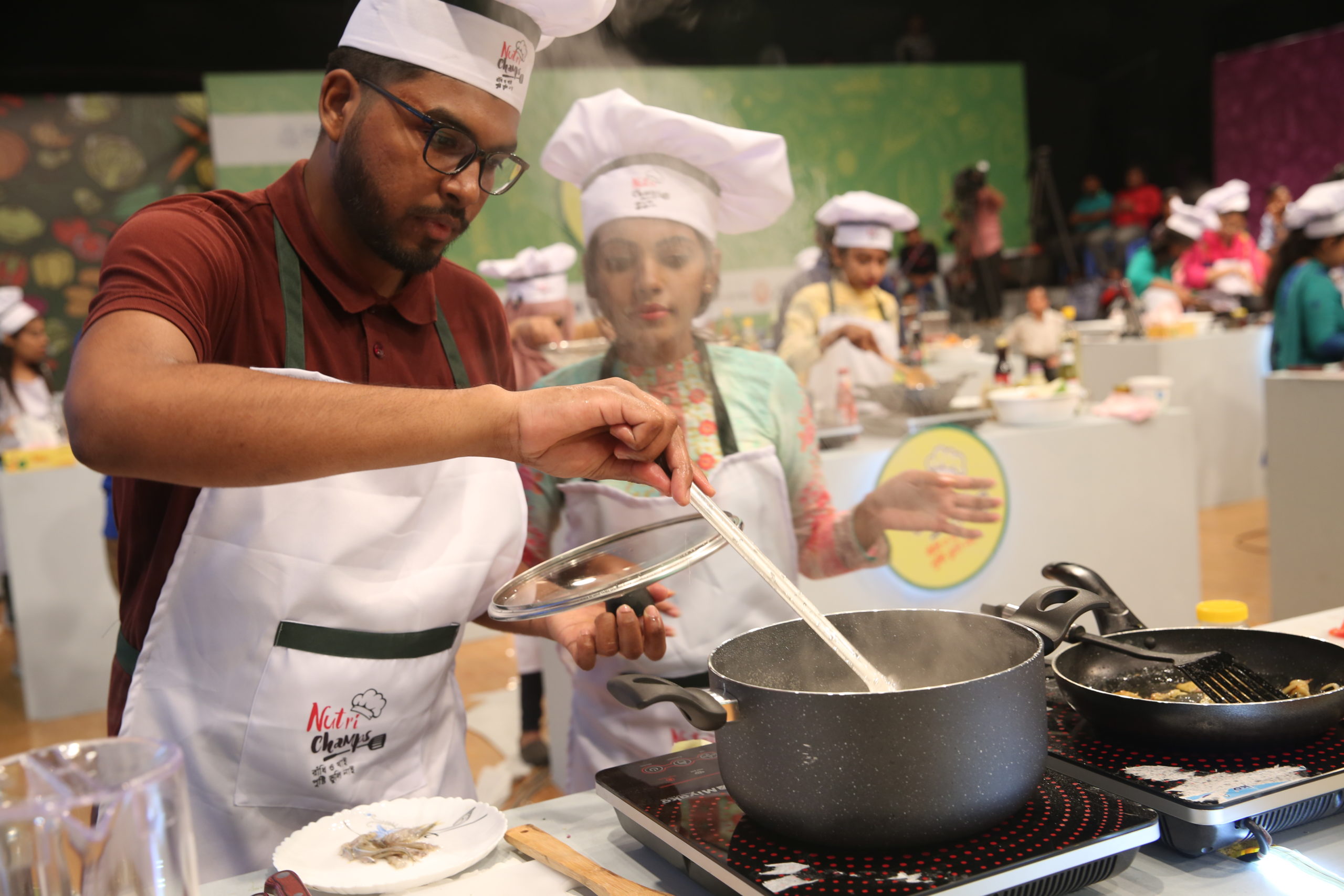
“We’re using this cooking competition to encourage young people [in Bangladesh] to eat healthier foods and then to influence their families’ nutrition habits,” says CCP’s Patrick Coleman.
Receive the latest news and updates, tools, events and job postings in your inbox every month